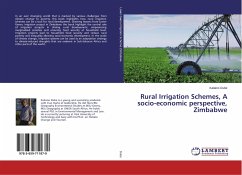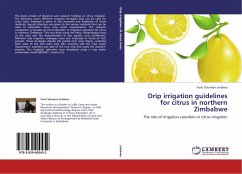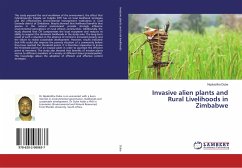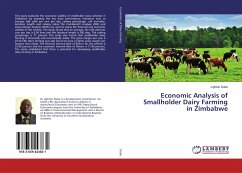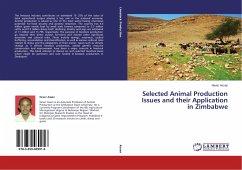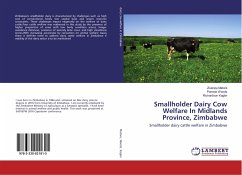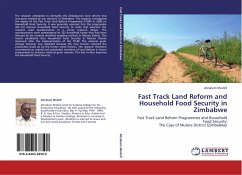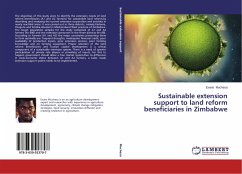In an ever changing world that is marked by various challenges from climate change to poverty, this book highlights how rural irrigation schemes can be a tool for rural development. Drawing lessons from Lower Gweru irrigation project in Zimbabwe the book highlight the central role of irrigation projects in driving rural development, empowering marginalised societies and ensuring food security at household level. Irrigation projects lead to household food security and reduce rural poverty and inequality allowing socio-economic development. In the wake of climate change, irrigation systems can be used as an adaptation strategy to climate-induced droughts that are endemic in Sub-Saharan Africa and other parts of the world.
Bitte wählen Sie Ihr Anliegen aus.
Rechnungen
Retourenschein anfordern
Bestellstatus
Storno

